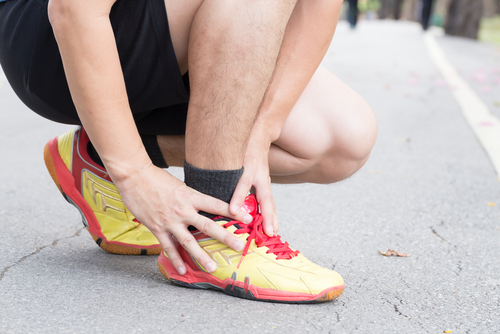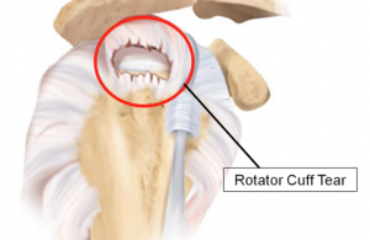Many professional and amateur athletes alike are struck down in the primes of their careers due to painful, recurring injuries that just won’t go away. These types of chronic injuries can be incredibly frustrating because rest often doesn’t work – and treatment with a family doctor can seem painstakingly slow with little to no guarantee they will get better. One of these injuries is known as Achilles tendonitis – which has sidelined a number of professional athletes in the past few years including the Atlanta Brave Adonia Garcia and Arsenal star player Laurent Koscielny. Another star who’s been niggled by Achilles problems is Tom Brady – but the patriot’s organization is typically tight-lipped about the nature and severity of their players’ injuries. With Tom being out of practice in November with the injury – how worried should Patriots fans, and how secretly hopeful should the rest of the NFL be?
What Is Achilles Tendonitis?
Achilles tendonitis is basically overuse of the Achilles tendon. This is the one at the back of your foot that connects your calf (the back of your lower leg) to the heel bone. You use it a LOT when running and walking not surprisingly the injury is incredibly common in runners. In older people – the Achilles tendon thins and the band of tissue become weaker. As Tom Brady approaches 41 – could this be an indicator of the injury he is suffering?
 How Do I Prevent Achilles Tendonitis?
How Do I Prevent Achilles Tendonitis?
Strong calf muscles are the key according to CoachMag.co.uk. Seth O’Neill a Physio from Leicester, UK, said
“The key is to make sure your calf muscles are nice and strong, but the challenge that you’ve got as a runner is to fit that into your training regime,”
“If you add strength training to a normal running load you may suffer overload – that degrades the tendon and leads to the problem. You do have to balance the load on the tendon and that includes your exercise at the gym as well as the running.”
“One of the big risk factors is not having two days’ rest a week. Having less than that is associated with Achilles problems. Having said that, there are runners who train every day. As long as it’s built up to that level gradually, you will cope – the tendon and the muscles will adapt and become more robust.”
How do you treat Achilles Tendonitis?
Usually, you should continue training as you are coming through the injury – don’t just rest. You need to train those calf muscles. In fact, a number of specialist clinics can help you return to peak performance much faster than at home on your own with help from treatments like:
- Professional physio
- Shockwave therapy
- Surgery
- Steroid Injections
The recurring nature of Achilles tendonitis and an aging Brady should give Patriots fans some concern when they see their QB on the injury report week in week out with an Achilles injury. However – proper treatment can make all the difference.


